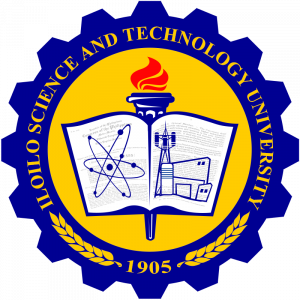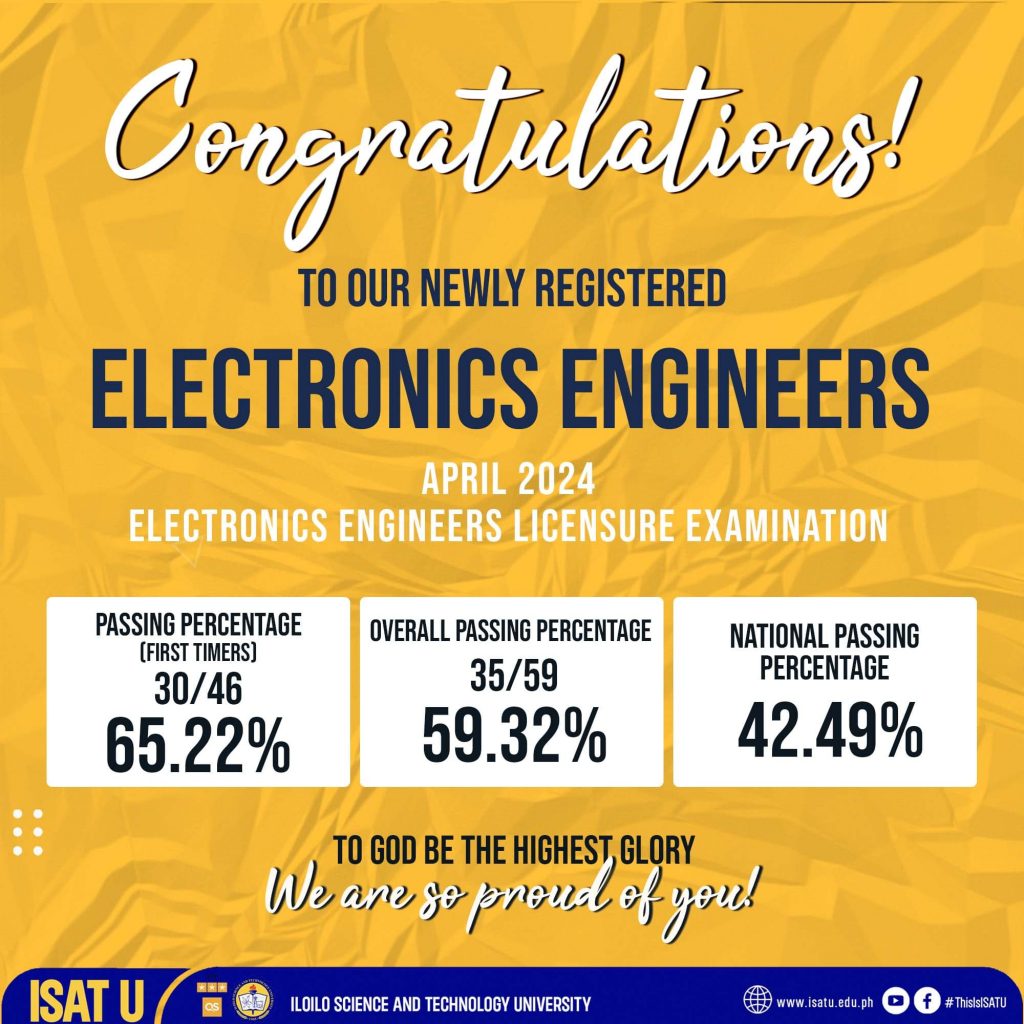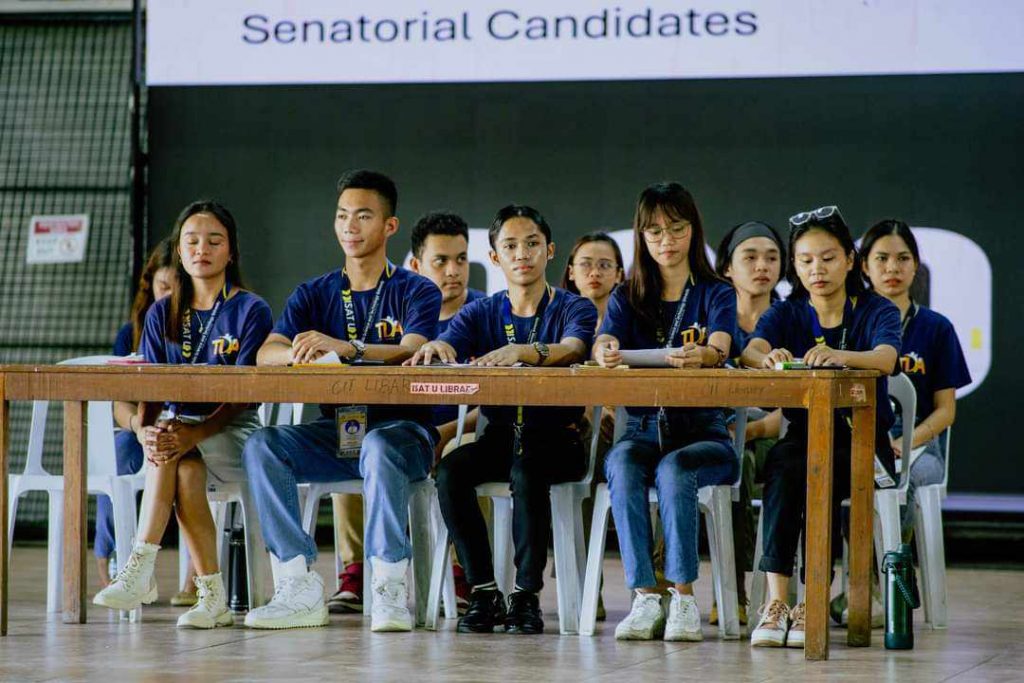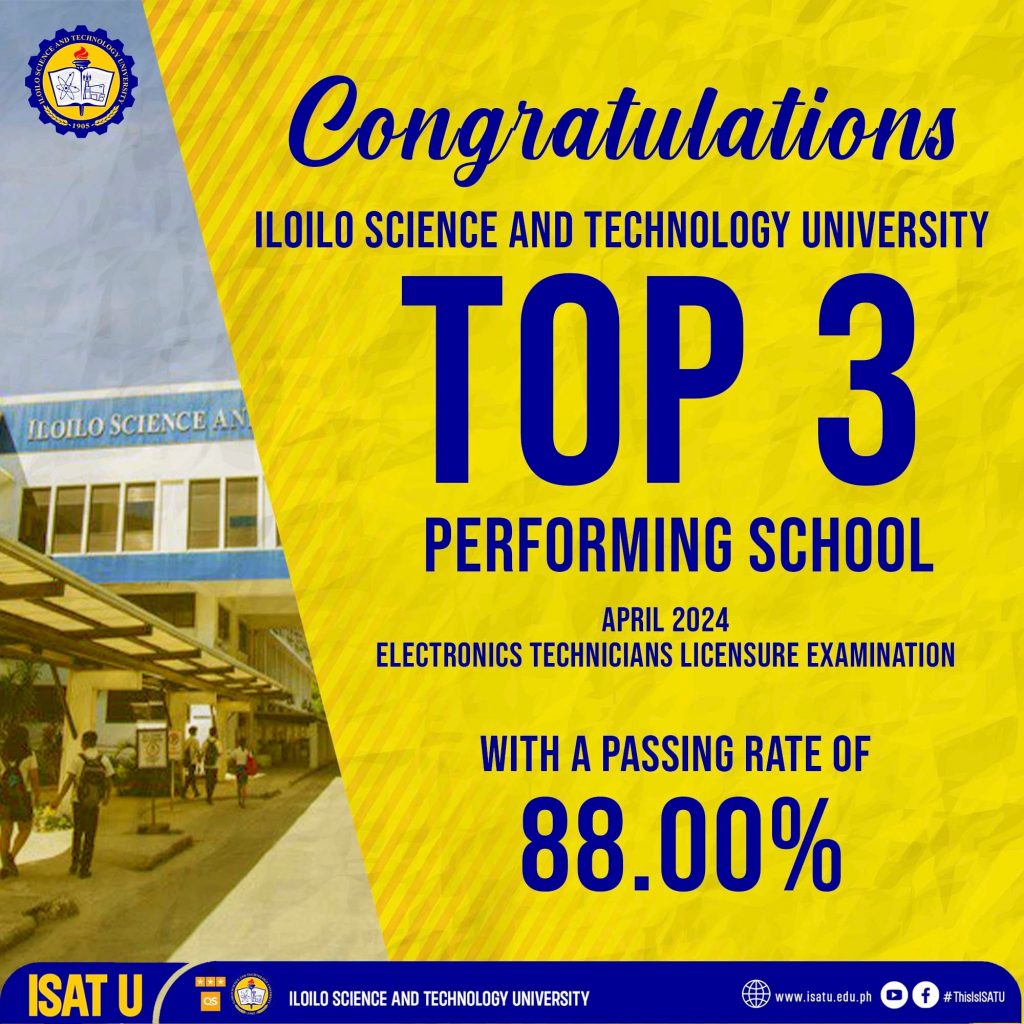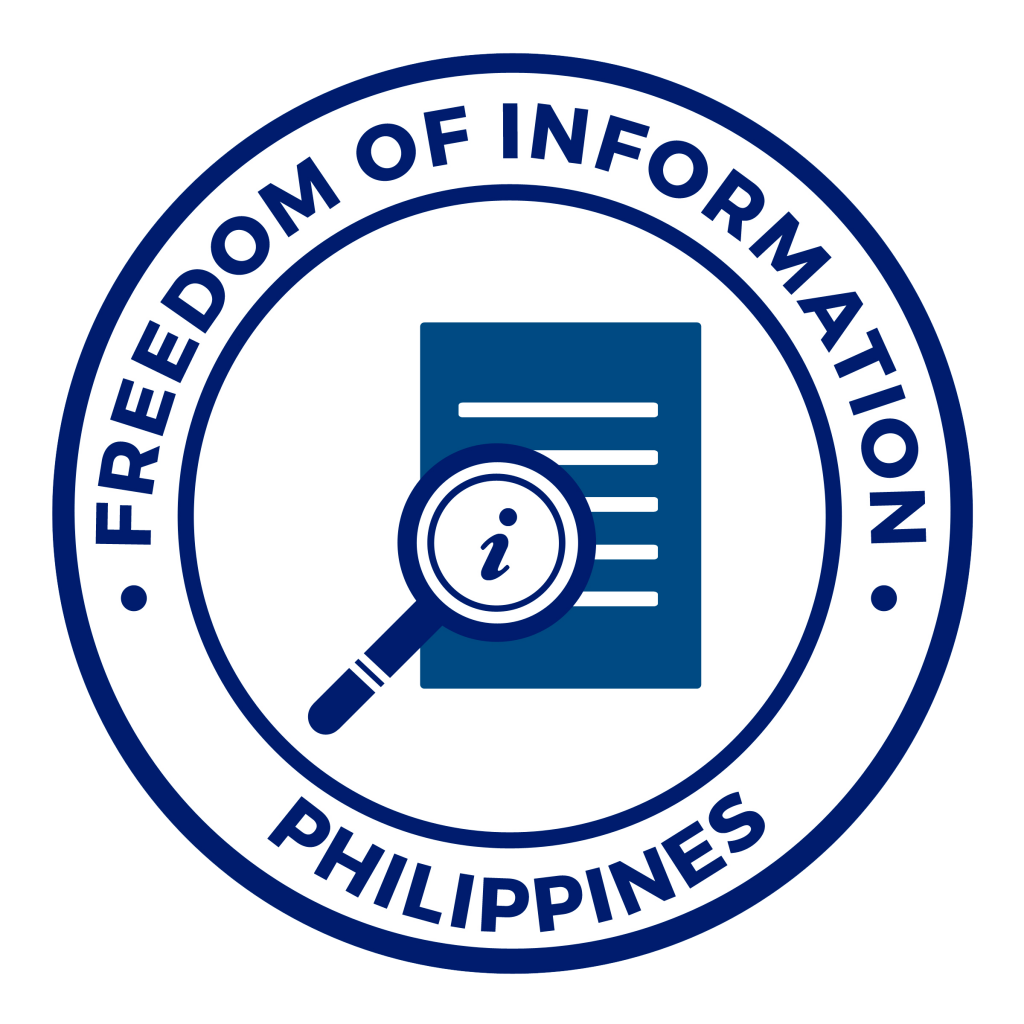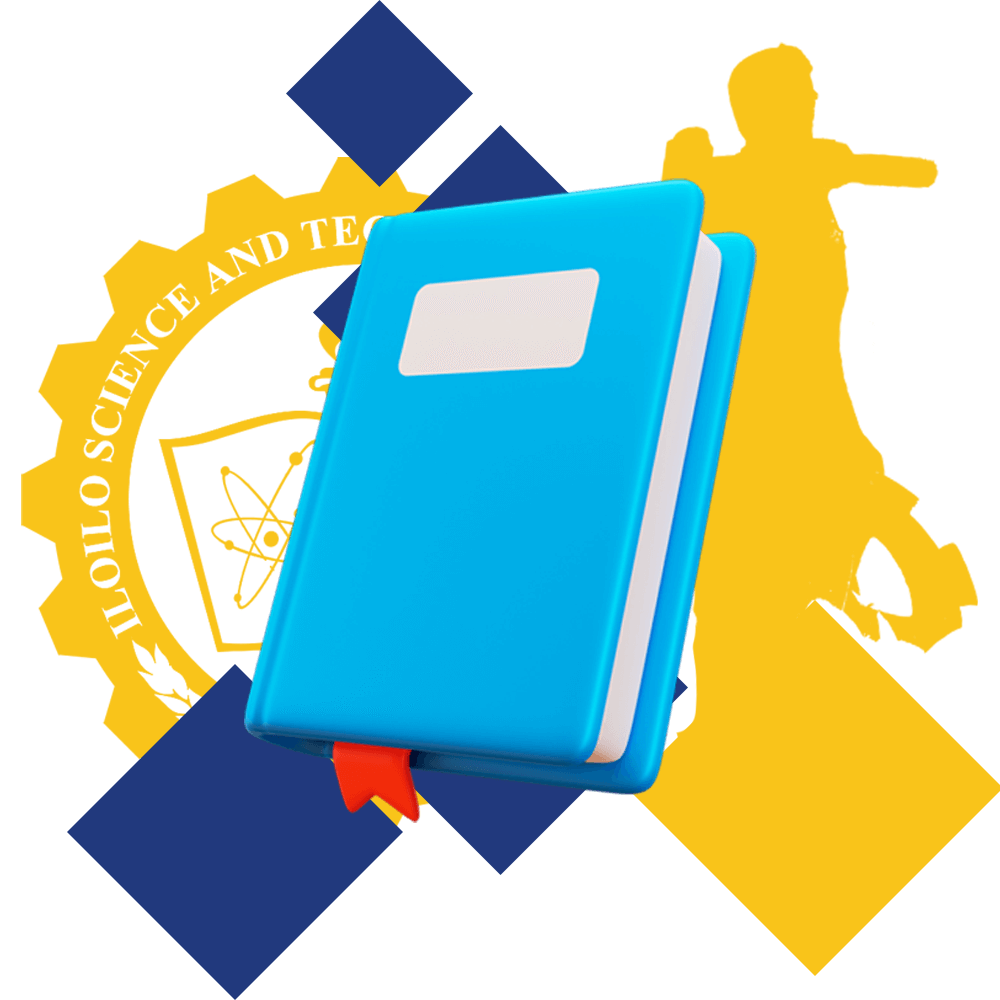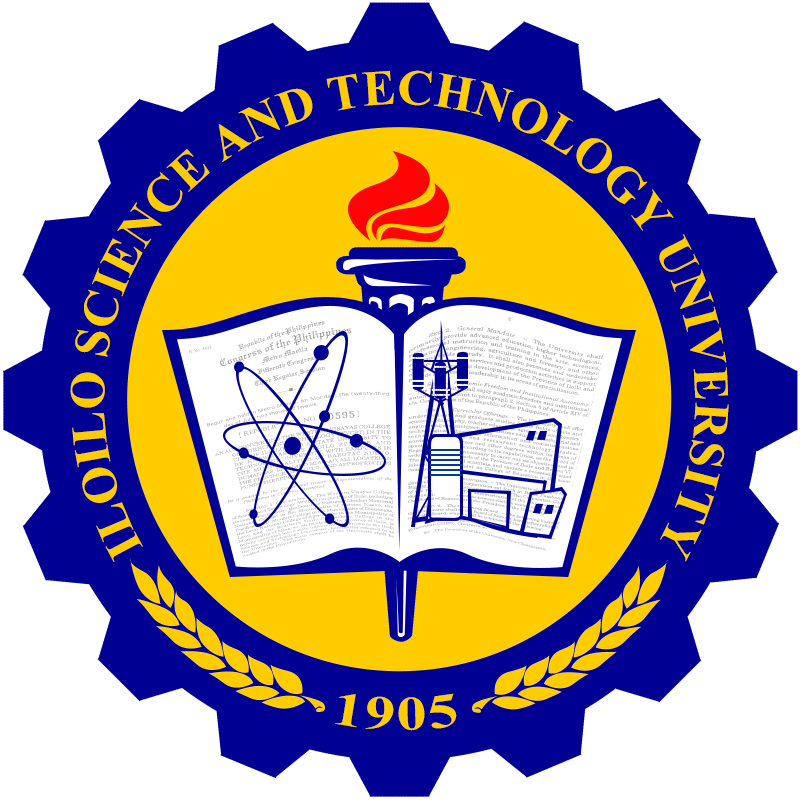
University key officials answer questions and clarifies issues raised by the students.
A dialogue between the students and university key officials focusing on academic concerns and school facilities was held on January 24, 2018.
Among the major concerns raised were the implementation of the Pre-Service Student Teacher Exchange in Southeast Asia (SEA Teacher Project), the pre- graduation and post-graduation activities, compliance of graduation requirements, the school facilities and the problems of on-the-job training. The students also raised some concerns and recommendations for the improvement of school services.
The insufficient time to comply with the 900 hours requirement for on-the-job training was raised. It was pointed out that students have to spend Saturdays and Sundays and even semestral and Christmas break to cope with the requirements. Dr. Raul F. Muyong explained that the 900 hour requirement is included in the curriculum but made the assurance that it will be considered in the ongoing curriculum review. Dr. Rene L. Celda, CIT Dean, added that some industries do not allow overtime and Saturday and Sunday duty for OJTs. Prof. Pedro H. Fontonalgo noticed that the late enrolment of applicants results to late engagement in OJT. He advised students to realign their value system and attitude; return on time and enroll on time.
The qualifications for the SEA Teacher Project were also clarified. Dr. John Eric V. Juaneza, COE Dean, explained that applicants should not only bank on monetary requirements but should also develop pedagogical skills, must be competitive, and must focus on academics aspects to satisfy the counterpart. The applicants must also have a good behavior for the past three years. Dr. Muyong justified that the program was implemented in the second semester thereby giving opportunity only to students enrolled in that period. He added that candidates should be academically prepared, passed the series of interviews conducted by SEAMEO, academically proficient and physically and emotionally stable.
On the question of stopping the enrolment for BS Marine Engineering (BSMarE) program, Dr. Muyong explained that the compliance for shipboard training (SBT) requirement was not met and in fact, no SUCs in Western Visayas was allowed to offer the program. However, an application for reopening of the BSMarE will be made soon and the school will find ships qualified for SBT. A student suggested that in case the program is reinstated, a Shipboarding Officer should not have a teaching load to give him time to focus as Ship Board Training Officer.
The students appealed for voluntary contributions on students’ activities. Dr. Alejo P. Biton, CAS Dean, made clear that contributions and the mode of payment of students’ organizations and activities were products of the members’ consensual agreement and the administration has nothing to do with it for as long as it is non-violative. Dr. John Eric V. Juaneza, COE Dean, added that the performance of students’ activities must be supported with the minutes of the meeting and resolution and submitted to the office of the college dean.
Dr. Asucena Asuncion E. Echaverria, Director of the Student Services, was also inclined to permit the conduct of JS Prom, Graduation Ball and other personality development programs for it promote social and personal growth. She, however, emphasized that such activities should complement satisfactory academic endeavors and that they just have to be be prudent on expenses.
The issue of changing the posted official class schedule was also raised. Dr. Biton answered that there are factors to be considered like conflict between teachers work schedule. In such case, all involved and affected will be informed the soonest.
On the query of whether there are requirements or qualifying exam for moving up from third year to fourth year, Dr. Muyong clarified that retention policies are not yet included in the policy manual but he emphasized that the students must do their best in their studies.
The BS Mechanical Engineering students asked if the school could provide additional equipment and facility for their training since they are paying laboratory fees. Dr. Russ Allen B. Napud, Director for Planning, Development and Auxiliary Services (PDAS), explained that the amount they are paying could not cope with the cost of the laboratory equipment needed. However, the school is gradually securing the facilities for the program. The Computer Department is now in the process of converting some lecture rooms into laboratory rooms and of setting up of computer units which just arrived in the second semester of the school year.
Dr. Muyong enumerated projects and plans to address the students’ needs. He started with the procurement of a 60-seater school bus through the school’s Integrated Income Resource Generation Program. The 5-million pesos vehicle will be used for the students’ activities.
The newly-created Public Information and Publication Office is also on the process of assessment of its facilities to improve the hardware components of the public address system.
For easier processing of transactions, a student service center worth 20 million pesos will be constructed at the new site later this year. The 4-storey building will be a one-stop-shop center for admission to graduation transactions.
The university president also underlined the on-going construction of the access road that will connect the two campuses and the 40-million pesos library. “The state of the art library would include a cafeteria and will provide more space . . . this is not a traditional library,” said Dr. Muyong.
He also disclosed that on the February 9, 2018 budget consultation, the proposal for the construction of a 100-million pesos covered sports and wellness facility will be included. This will house a dance studio that could be a venue for national competitions and a sports facility that can house a PBA game.
The students and the computer laboratories will soon enjoy faster internet connectivity. According to Dr. Muyong, the Board of Regents has already approved to go on with the installation of fiber optics facility for the internet connection.
The RFID (radio frequency ID) will be implemented both for the students and for the faculty and staff. The system will be used for time tracking of the RFID holder coming in and going out of the campus.
The university president also discussed the Access to Free Higher Education Act. He emphasized that for the next school year tighter admission and retention policy will be implemented, “Not everybody who took the exam will be taken in but only the best students. . .we will just meet the quota per program. We will go for quality, not quantity.”
Other issues aired that will be given attention in the next Administrative Council Meeting were the request of the laboratory school for the inclusion in no uniform day every wash day, the improvement in the services of the university cafeteria, and the expansion and medical supplies of the university clinic.
